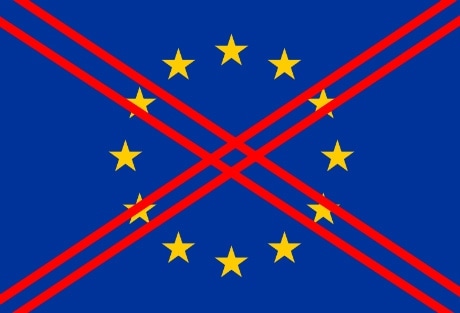Commercial Insights

Trevor Tayleur is an associate professor at the University of Law. Here, he offers AllAboutLaw his insights into what the Great Repeal Bill's white paper actually means in terms of the UK's legal system, as well as the Court of Justice of the European Union's continuing influence for some years to come.
The big four
Tayleur points out that the main four points of the bill are as follows:
- The Bill will convert EU law as it exists at the time of Brexit into domestic UK law
- The Bill will give ministers the Henry VIII power to adopt secondary legislation in special cases
- The Bill may preserve supremacy of pre-Brexit EU law over pre-Brexit UK law
- As EU-derived law is likely to remain in force in the UK for many years, the influence of the Court of Justice of the European Union (CJEU) will live on for some time
Taylor's full comment
“It seems that the government has taken note of concerns that the Great Repeal Bill should not grant it excessively wide Henry VIII powers to amend legislation. The Bill will convert EU law as it exists at the time of Brexit into domestic UK law.
“Where a piece of EU law would not make sense if it were transposed without amendment into the UK law, the Bill will give ministers the Henry VIII power to adopt secondary legislation to ‘correct’ it. For example, if an existing EU Regulation requires the UK government to consult with an EU institution, then the UK government will be able to correct the EU regulation when it is converted into UK law by removing the reference to the EU institution.
“The White Paper emphasises that the Bill will not give the UK government the power to make changes to policy by this method. Although much will depend on the wording of the Bill, if the UK government were to try to use the Henry VIII power to adopt secondary legislation to change policy rather than to correct the EU legislation, then it would be possible to challenge such secondary legislation by way of judicial review. The Bill will need very careful drafting to give the government the flexibility it needs in correcting EU law but at the same time protecting it from legal challenge.
“An interesting feature of the White Paper is the indication that the Bill may preserve the supremacy of pre-Brexit EU Law over pre-Brexit UK law. The White Paper makes it clear that if a conflict arises between two pre-Brexit laws, one EU-derived and one not, then the EU-derived one will continue to take precedence. It would then be open to Parliament to pass a new statute which would take precedence over the pre-Brexit EU derived law.
“When it comes to interpreting EU-derived UK law, decisions of the Court of Justice of the European Union (CJEU) will have the same binding status as decisions of the Supreme Court. All courts other than the Supreme Court will remain bound by decisions of the CJEU on such issues. While the Supreme Court will be able to depart from decisions of the CJEU, it is expected to use this power sparingly. As EU-derived law is likely to remain in force in the UK for many years, the influence of the CJEU will live on for some time.
“The White Paper also envisages that some EU Treaty provisions will still continue to have an effect. It gives as an example Article 157 TFEU which provides that men and women should receive equal pay for work of equal value. This means that if the UK’s Equality Act 2010 fell short of Article 157 TFEU as interpreted by the CJEU in some way, then it would still be possible for a victim of discrimination to rely directly on Article 157.”
Academy tools to help you get a job
-

Free Watson Glaser Practice Test
Understand the test format, compare your performance with others, and boost your critical thinking skills.
